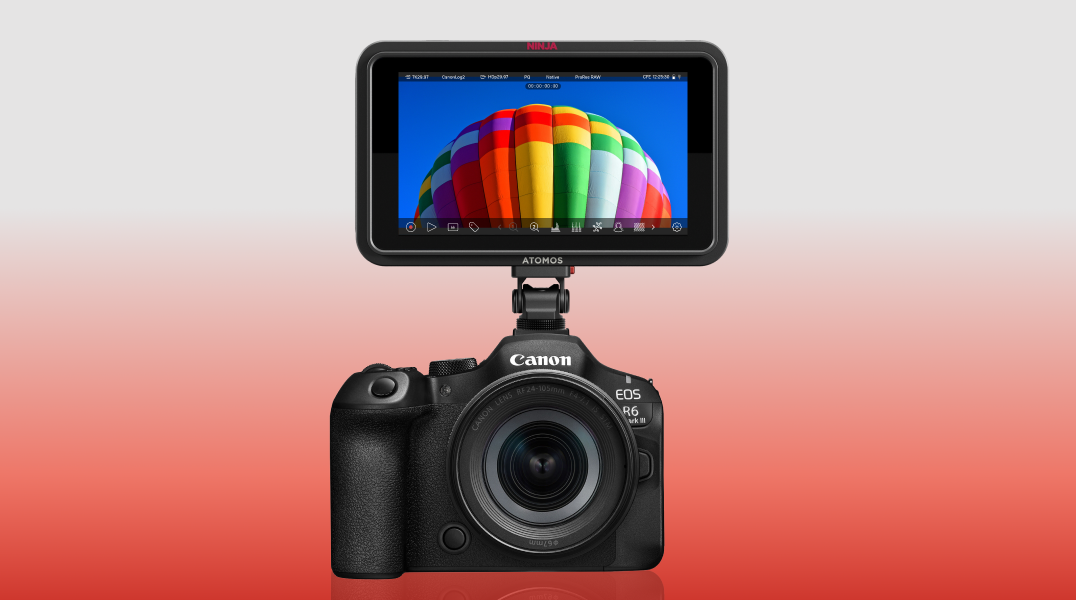FCC’s profanity defeat may signal end of content control
When a federal appeals court overturned the FCC’s policy on “fleeting expletives,” it may have signaled that the commission’s heavy-handed policy on broadcast indecency is coming to an end.
Legal experts told the “National Journal” that last week’s decision by a panel of the 2nd U.S. Circuit Court of Appeals was a major victory for free expression and a vote of confidence for new technologies that allow parents to filter and block content they deem inappropriate for their children.
In effect, the court followed the recommendations of a brief filed by the Center for Democracy and Technology (CDT) and the Progress and Freedom Foundation. Today’s television viewers have access to more tools and technologies that can control TV content than existed when the FCC got its content authority, CDT staff counsel John Morris told the court.
Also, the judges questioned the constitutional argument used by the FCC, which called it “arbitrary and capricious.” In 2004, the FCC reversed years of policy and effectively branded even “fleeting,” or one-time, use of an expletive off-limits on broadcast television and radio.
“We are doubtful that by merely proffering a reasoned analysis for its new approach to indecency and profanity, the [FCC] can adequately respond to the constitutional and statutory challenges raised by the networks,” the court said in its ruling.
Although the FCC could ask the full appeals court to consider the case or request that it be heard by the Supreme Court, the chances of a higher court taking the case are “very small,” Morris said.
The Supreme Court, Morris noted, has said in a number of contexts that if parents can shield children from content, “there may well not be any constitutional justification for government to try to step in and exercise that parental responsibility.”
The professional video industry's #1 source for news, trends and product and tech information. Sign up below.
Under older analysis, content control was justified due to the physical limits of broadcast spectrum. A newer line of judicial thinking, however, came with the Supreme Court’s 1997 ruling in Reno v. ACLU, when the court overturned anti-obscenity provisions of the Communications Decency Act.
An upcoming legal challenge could also have a major impact on the FCC’s attempt at greater content control. Last year, CBS filed suit against the commission’s indecent exposure ruling involving the 2004 Super Bowl halftime show singer Janet Jackson.
CBS was fined about $550,000 for the several-second exposure, and many of the same issues pertaining to FCC authority are raised in that case. Oral arguments will be heard in September before the 3rd U.S. Circuit Court of Appeals in Philadelphia.
